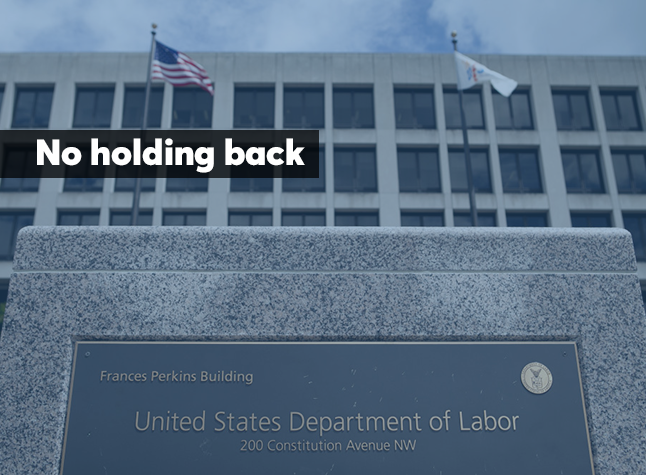The fiduciary rule is the industry's perennially hot topic ― even nearly a year after the Department of Labor unveiled the regulation.
Firms, advisers, investors and even other regulators have joined the commentary melee. More than a thousand letters and emails have been posted to the Labor Department's website; 400 were posted late last week alone.
Click through to see some of the most critical and supportive remarks on the fiduciary rule's fate.














